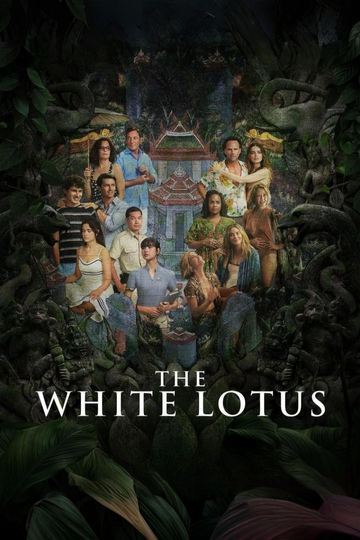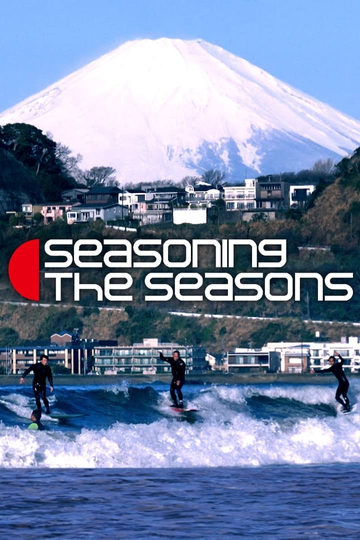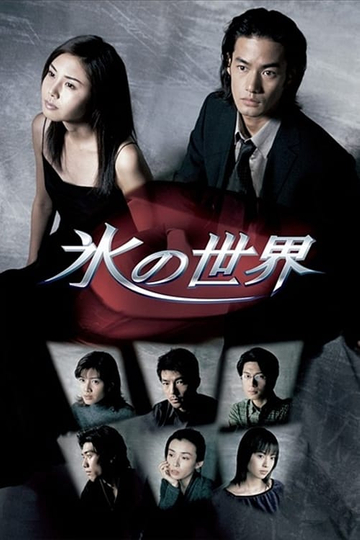Season 7 Episodes
1. The Secrets of Tofu Across Japan
Japanese people have a long history of eating tofu, a filling food that always goes well with a drink. It is made simply by grinding and cooking soybeans, before extracting and solidifying the soymilk. In the mountains, unique varieties of tofu emerged as a result of efforts to avoid wasting the precious beans. In an area of heavy winter snowfall, tofu plays an important part in an annual religious ceremony. We explore the secrets of tofu from across the islands of Japan.
2. River Ferries: Bringing People Together
Japan is a land covered with rugged mountains. For centuries, there were many places that could only be reached by river routes. Often, the other side of the river can be seen but cannot be crossed without a boat. These rivers may be everyday routes for commuting, or a pathway to deities for pilgrims. Eventually, bridges were built, and the ferries disappeared at many places. In this episode of Seasoning the Seasons, we travel Japan, a country of rivers, in search of ferry boats.
3. Mt. Hiei: The "Mother Mountain" of Japanese Buddhism
Mt. Hiei straddles the border between Kyoto and Shiga Prefecture. The entire mountain represents Enryakuji Temple. The temple, with a history of more than 1,200 years, is renowned for its rigorous spiritual training. It was founded by the monk Saicho in 788. He taught the importance of strictly disciplining oneself while serving others. Many monks who trained on Mt. Hiei went on to found other schools of Buddhism, earning Mt. Hiei the nickname of the "mother mountain" of Japanese Buddhism.
4. Hamamatsu: Sunny City with Positive Spirit
Hamamatsu in Shizuoka Prefecture is a land blessed with a temperate climate all year round. It is one of the sunniest cities in Japan, boasting the most number of days with sunshine. The area is blessed with nature's bounty thanks to the local climate and Lake Hamana, a brackish lake connected to the Pacific Ocean. There is a word in the Hamamatsu dialect: "Yaramaika", which means "Let's give it a try without fearing failure". This spirit is what keeps people of Hamamatsu going forward.
5. Japanese-Americans in Hawaii, Part 1: The Women Pioneers
Japanese-Americans account for around 10% of the population of Hawaii, numbering more than 180,000 people. Hawaii used to be one of the world's biggest producers of sugarcane. Japanese immigrants were brought to work in the fields from the second half of the 19th century onwards to make up for the shortage of labor. In the first of this two-part series, we look at the stories of women who built new lives for themselves as wives and mothers in an unknown far-off land.
6. Japanese-Americans in Hawaii, Part 2: The Proud Families
The first Japanese immigrants to Hawaii arrived at Honolulu in 1868. Relying on their own ingenuity, these immigrants cleared fields and worked to survive. Their lives were turned upside down on December 7, 1941, Japanese planes attacked Pearl Harbor, bringing the US into the war with Japan. In our second episode on Japanese-Americans in Hawaii, we look at the story of people who survived tempestuous times, continuing to love 2 different nations.
7. Soba: Japan's Beloved Noodle
Soba noodles made from buckwheat flour have been a part of the Japanese diet even longer than rice. Today, we will take a journey across Japan to sample soba. In the past, soba repeatedly saved people from starvation as buckwheat grows in poor soil and can be harvested in just 75 days. Soba has long remained a familiar part of Japanese cuisine and culture. Even if you're low on cash, or having trouble getting along with others, a simple bowl of soba can help you feel better.
8. Seasoning the Seasons Special: Chita Peninsula - A Land That Prospered by Shipping
The Chita Peninsula extends from Nagoya into the Pacific stretching 40km. In the 17th century, the peninsula prospered as a hub for shipping, delivering local products all over Japan. Transporting these products on the rough seas were Bishu Cargo Ships. A local festival kept alive by seafarers tells the past glory of the Bishu Cargo Ships. Locals pay homage to their forerunners who sailed out to sea staking their lives. In this episode we bring you the 300-year-old story of the Chita Peninsula.







































